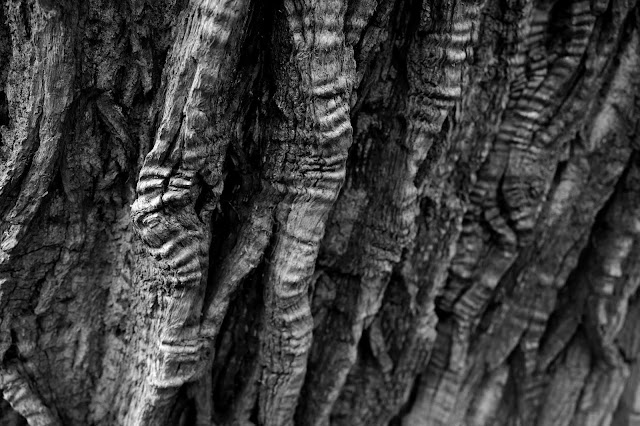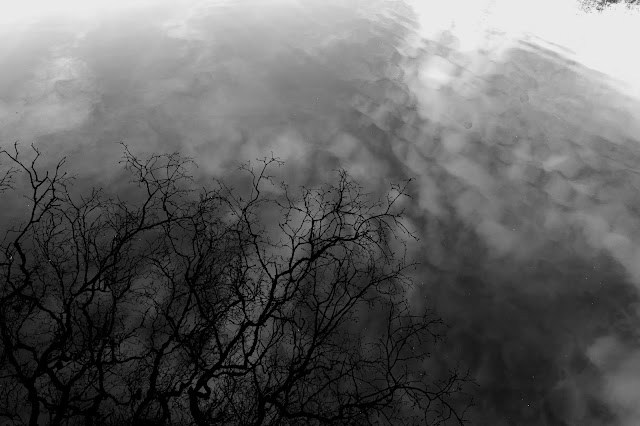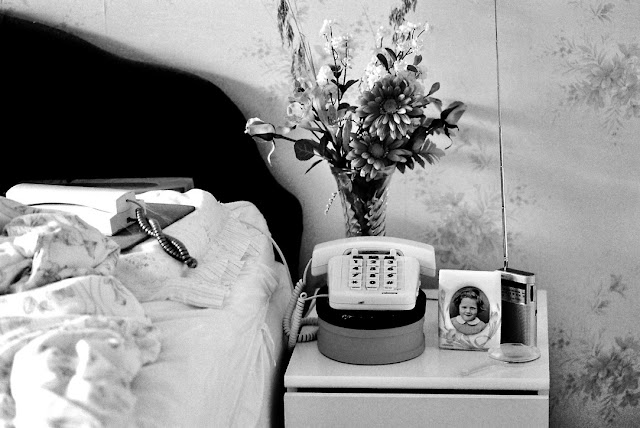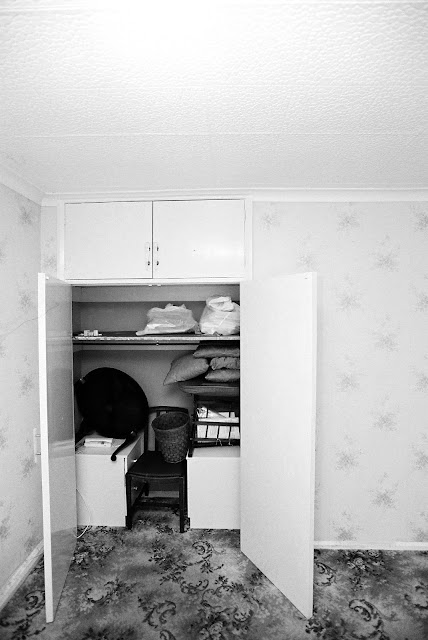transgressive
(trænzgrɛsɪv
)
ADJECTIVE
Transgressive is used to describe actions that break a moral law or a rule of behavior.
[formal] To write and publish this poem was a daring, transgressive act.
COBUILD Advanced English Dictionary.
Copyright © HarperCollins Publishers
What is beauty? We might find it in the face of a laughing child or in the sun-dappled landscape of a summer evening or in the cool symmetry of classical Georgian architecture. These are the warm, shimmering images which, day in day out, shape our experience and understanding of the world. They bring us comfort in uncertain times. We clutch them like amulets to ward off darkness as the predators circle outside and in.
But is there more to see? Transgressive art challenges us; it parses deeper meaning from the very things we consider taboo. There is purpose when it makes us feel uncomfortable.
Death is the ultimate modern taboo, sanitised and hidden from sight behind hospital screens. The end of all things we know in the seen world. We fear its arrival so we hide away, using our language as a blanket to shield us from the stark realities of its icy grip. She's passed, passed on or passed away, resting in peace, at eternal rest, asleep, departed, gone, lost, slipped away or simply given up the ghost.
Worse still, sometimes we don't talk about it at all.
Whilst her ultimate demise lay some months away these photographs of my late mother explore the fear she held close throughout her troubled life. And beyond that, perhaps they suggest the possibility of peace to come. So, is it a transgression for us to gaze into her silent bedroom, to stand at the foot of her bed and sense profound beauty?
I saw my mother for the very last time just a few hours before her death. I was working in the north that day, accompanied on the journey by my wife. These final blurred, badly exposed shots were taken on a small plastic camera using the only reel of film I had with me, each turn of the sprocket cranking it closer and closer toward my mother's death.
By turns she was fearful, resigned, coherent, her mind chasing down distant corridors until at last she found sleep. She died during the night.
I visited my mother's house for the final time the day after her funeral. It had become increasingly bare over the years as she systematically hid or destroyed the painful memories. There was no photograph of my late father. He died aged forty eight of a massive heart attack, alone in a Hertfordshire lay-by. My mother had expunged almost every trace of his existence long ago.
There was, however, one photo my mother treasured. It was of my sister, Hilary, a happy, smiling, ringlet-kissed child forever frozen in a tacky picture-frame. She died aged eight when her godfather, our family doctor, waved at her from the other side of the road. Hilary cycled out behind a bus and never made it to the other side.
The photo, which my mother had kept on her bedside table all these years, had disappeared. All that remained was an empty husk of a house and silence. Endless, endless silence.









































